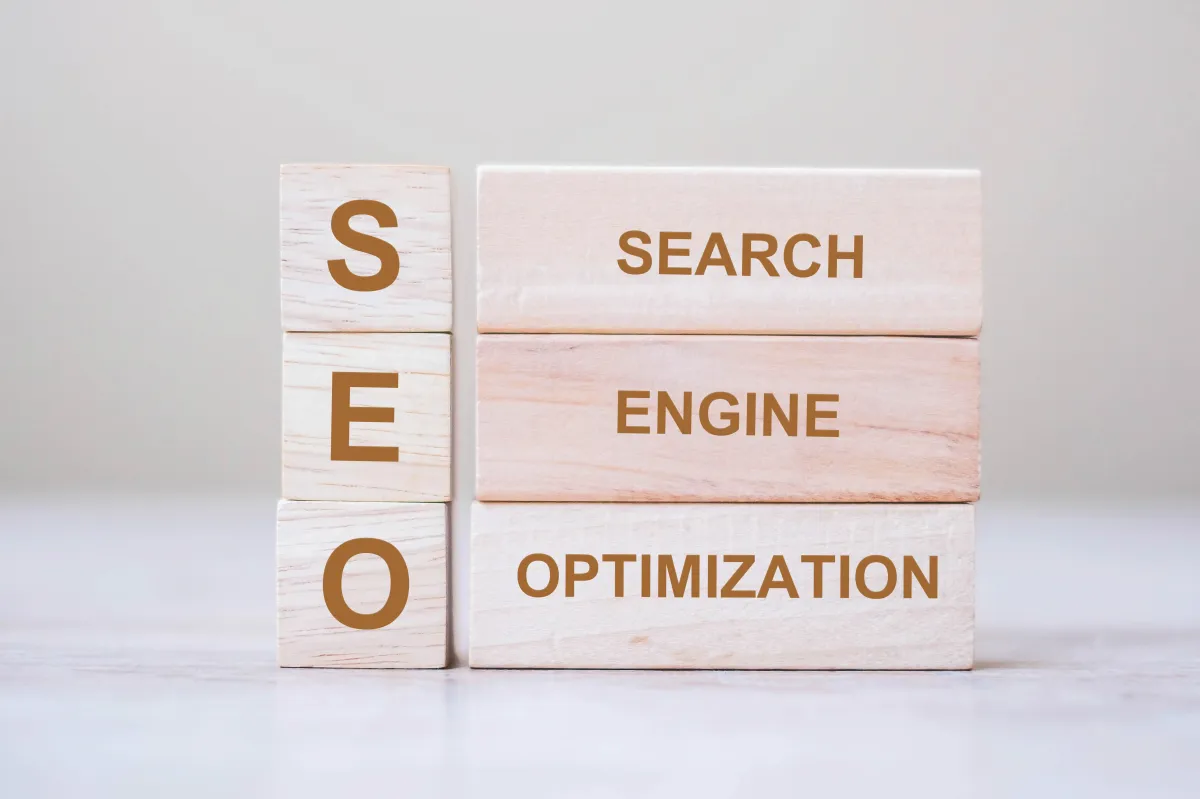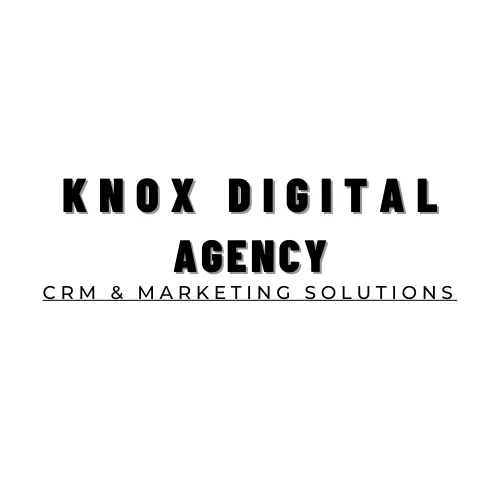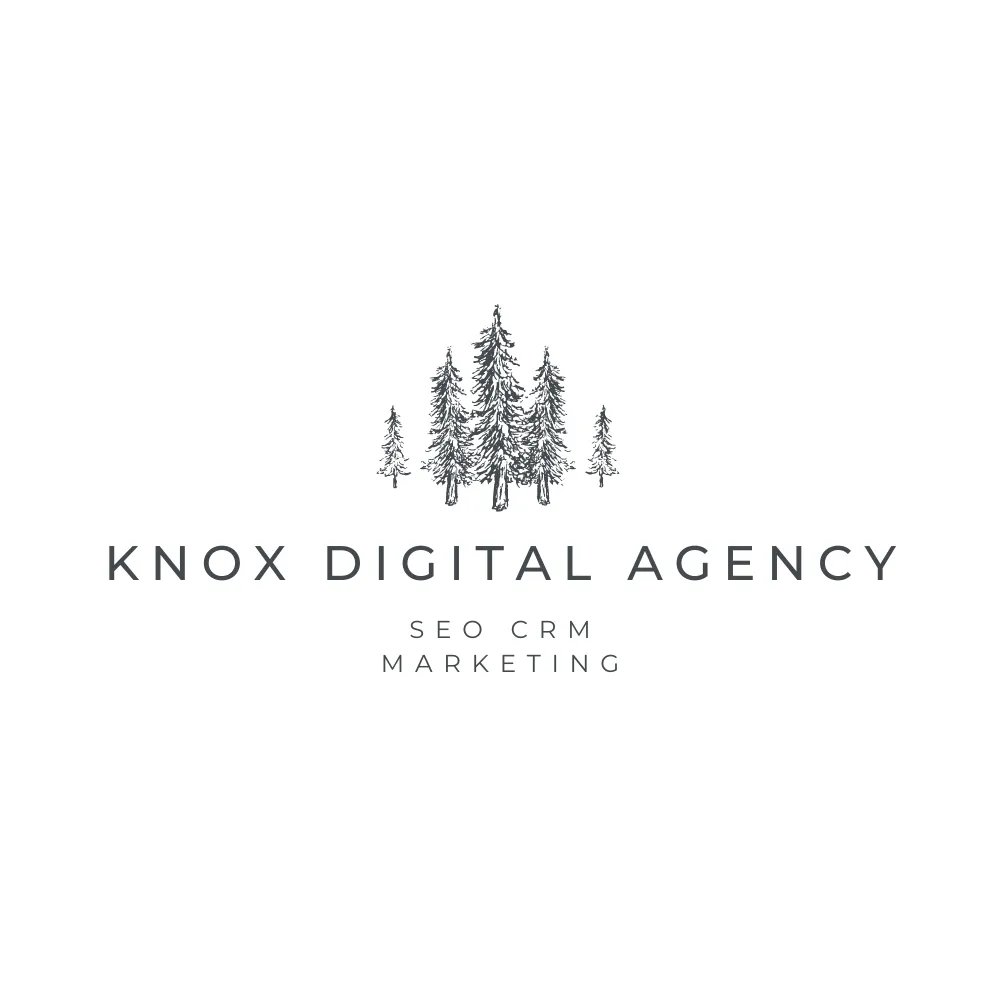Blog > What is SEO?
What is SEO and Will it Work For Me?
If you own a small business, you may have heard about SEO, or Search Engine Optimization, but you might not be sure what it is or why it matters. Simply put, SEO is the process of optimizing your website and online content to make it more visible and easily discoverable by search engines like Google.
Why is this important? When your website and online content are optimized for search engines, they are more likely to appear higher in search results, which means more people will see your business when they search for relevant terms. This can lead to increased traffic to your website and more potential customers for your business.
So, how can you optimize your website and online content for search engines? Here are a few tips:
1) Use relevant keywords: When you create content for your website, be sure to include relevant keywords that people might use when searching for businesses like yours. This can help search engines understand what your content is about and increase the chances of it appearing in search results.
2) Make your website mobile-friendly: More and more people are using their phones to search the internet, so it's important that your website is optimized for mobile devices. This can include making sure your website loads quickly, has a responsive design, and is easy to navigate on a small screen.
3) Include high-quality, unique content: In addition to using relevant keywords, it's also important to create high-quality, unique content that is valuable to your audience. This can include blog posts, articles, and other resources that provide information and solutions to your audience's problems.
4) Use social media: In addition to optimizing your website, it's also important to use social media to promote your business and drive traffic to your website. This can include posting updates, sharing content, and engaging with your audience on platforms like Facebook, Twitter, and Instagram.
Overall, SEO is an important part of any online marketing strategy. By optimizing your website and online content for search engines, you can increase your visibility and reach more potential customers. While it does take some time and effort, the long-term benefits for your business can be well worth it.

Additional Things To Think About When It Comes To SEO
1) On-page optimization: This refers to the elements on your website that you can control and optimize to improve your search engine rankings. This can include the title and headings of your web pages, the content and keywords on your pages, and the overall structure and organization of your website.
2) Off-page optimization: This refers to the factors that occur outside of your website that can impact your search engine rankings. This can include the number and quality of links pointing to your website (called backlinks), the presence of your website and content on social media and other websites, and the overall authority and credibility of your website.
3) Local SEO: If your business serves a specific geographic area, it's important to optimize your website and online presence for local search results. This can include claiming your Google My Business listing, optimizing your website for local keywords, and getting listed in local business directories.
4) Technical SEO: In addition to the content and structure of your website, there are also technical factors that can impact your search engine rankings. This can include the speed and performance of your website, the presence of errors or issues that could prevent search engines from crawling and indexing your website, and the presence of a secure (https) connection.

SEO is a multifaceted discipline that involves optimizing both on-page and off-page factors to improve your search engine rankings and drive more traffic to your website. By taking a holistic approach and focusing on both the technical and content aspects of your website, you can improve your chances of ranking well in search results and reaching more potential customers.
Small Business and SEO?

SEO, or Search Engine Optimization, is a process that involves optimizing your website and online content to make it more visible and easily discoverable by search engines like Google. This can help small businesses in a number of ways. By appearing at the top of search results, small businesses can increase their visibility to potential customers who are searching for products or services like theirs. This can lead to increased traffic to their website and more opportunities to convert visitors into customers. Optimizing their website and online content for specific keywords, small businesses can target specific audiences and attract more qualified leads. This can be particularly useful for businesses that offer specialized products or services.
Ranking well in search results, small businesses can establish themselves as an authority in their industry or niche. This can help to build trust and credibility with their audience and make them more likely to do business with them. Improved user experience: By optimizing their website for search engines, small businesses can also improve the user experience for their visitors. This can include making their website easier to navigate, faster to load, and more mobile-friendly, all of which can lead to increased engagement and conversions. This can include claiming your Google My Business listing, optimizing your website for local keywords, and getting listed in local business directories. By doing this, you can make it easier for people in your area to find your business when they search for relevant terms.
While SEO can take time to show results, it can be a long-term marketing strategy that continues to drive traffic and conversions for your business over time. This can be particularly useful for small businesses that don't have a large marketing budget and need to stretch their resources as far as possible. Tracking your website traffic and conversions, you can get a sense of how well your SEO efforts are working and make adjustments as needed. This can help you optimize your website and content for better results and track the return on your investment. In today's digital age, it's important for small businesses to have an online presence and be competitive in the online marketplace. By investing in SEO, small businesses can stay competitive with larger businesses and make sure they are visible to potential customers.
SEO can be a powerful tool for small businesses looking to increase their online presence and reach more potential customers. By investing in SEO and optimizing their website and online content, small businesses can increase their visibility, build credibility, and drive long-term results. While traditional forms of advertising can be expensive, SEO can be a cost-effective way to promote your business online. By investing in SEO, you can drive more traffic to your website without paying for advertising costs like you would with pay-per-click advertising or other forms of online advertising. This can include creating a professional website, building a social media presence, and generating high-quality, unique content that is valuable to your audience. By building a strong online presence, you can establish your business as an authority in your industry or niche and attract more potential customers.
More to Know About SEO, CRM and Marketing. Click Our Links Below!
Read more on design rush and other resources:
https://www.designrush.com/agency/digital-marketing/trends/digital-marketing-trends
Blog > What is SEO?
What is SEO and Will it Work For Me?

If you own a small business, you may have heard about SEO, or Search Engine Optimization, but you might not be sure what it is or why it matters. Simply put, SEO is the process of optimizing your website and online content to make it more visible and easily discoverable by search engines like Google.
Why is this important? When your website and online content are optimized for search engines, they are more likely to appear higher in search results, which means more people will see your business when they search for relevant terms. This can lead to increased traffic to your website and more potential customers for your business.
So, how can you optimize your website and online content for search engines? Here are a few tips:
1) Use relevant keywords: When you create content for your website, be sure to include relevant keywords that people might use when searching for businesses like yours. This can help search engines understand what your content is about and increase the chances of it appearing in search results.
2) Make your website mobile-friendly: More and more people are using their phones to search the internet, so it's important that your website is optimized for mobile devices. This can include making sure your website loads quickly, has a responsive design, and is easy to navigate on a small screen.
3) Include high-quality, unique content: In addition to using relevant keywords, it's also important to create high-quality, unique content that is valuable to your audience. This can include blog posts, articles, and other resources that provide information and solutions to your audience's problems.
4) Use social media: In addition to optimizing your website, it's also important to use social media to promote your business and drive traffic to your website. This can include posting updates, sharing content, and engaging with your audience on platforms like Facebook, Twitter, and Instagram.
Overall, SEO is an important part of any online marketing strategy. By optimizing your website and online content for search engines, you can increase your visibility and reach more potential customers. While it does take some time and effort, the long-term benefits for your business can be well worth it.
Additional Things To Think About When It Comes To SEO
1) On-page optimization: This refers to the elements on your website that you can control and optimize to improve your search engine rankings. This can include the title and headings of your web pages, the content and keywords on your pages, and the overall structure and organization of your website.
2) Off-page optimization: This refers to the factors that occur outside of your website that can impact your search engine rankings. This can include the number and quality of links pointing to your website (called backlinks), the presence of your website and content on social media and other websites, and the overall authority and credibility of your website.
3) Local SEO: If your business serves a specific geographic area, it's important to optimize your website and online presence for local search results. This can include claiming your Google My Business listing, optimizing your website for local keywords, and getting listed in local business directories.
4) Technical SEO: In addition to the content and structure of your website, there are also technical factors that can impact your search engine rankings. This can include the speed and performance of your website, the presence of errors or issues that could prevent search engines from crawling and indexing your website, and the presence of a secure (https) connection.

SEO is a multifaceted discipline that involves optimizing both on-page and off-page factors to improve your search engine rankings and drive more traffic to your website. By taking a holistic approach and focusing on both the technical and content aspects of your website, you can improve your chances of ranking well in search results and reaching more potential customers.
Small Business and SEO?
SEO, or Search Engine Optimization, is a process that involves optimizing your website and online content to make it more visible and easily discoverable by search engines like Google. This can help small businesses in a number of ways. By appearing at the top of search results, small businesses can increase their visibility to potential customers who are searching for products or services like theirs. This can lead to increased traffic to their website and more opportunities to convert visitors into customers. Optimizing their website and online content for specific keywords, small businesses can target specific audiences and attract more qualified leads. This can be particularly useful for businesses that offer specialized products or services.
Ranking well in search results, small businesses can establish themselves as an authority in their industry or niche. This can help to build trust and credibility with their audience and make them more likely to do business with them. Improved user experience: By optimizing their website for search engines, small businesses can also improve the user experience for their visitors. This can include making their website easier to navigate, faster to load, and more mobile-friendly, all of which can lead to increased engagement and conversions. This can include claiming your Google My Business listing, optimizing your website for local keywords, and getting listed in local business directories. By doing this, you can make it easier for people in your area to find your business when they search for relevant terms.
While SEO can take time to show results, it can be a long-term marketing strategy that continues to drive traffic and conversions for your business over time. This can be particularly useful for small businesses that don't have a large marketing budget and need to stretch their resources as far as possible. Tracking your website traffic and conversions, you can get a sense of how well your SEO efforts are working and make adjustments as needed. This can help you optimize your website and content for better results and track the return on your investment. In today's digital age, it's important for small businesses to have an online presence and be competitive in the online marketplace. By investing in SEO, small businesses can stay competitive with larger businesses and make sure they are visible to potential customers.
SEO can be a powerful tool for small businesses looking to increase their online presence and reach more potential customers. By investing in SEO and optimizing their website and online content, small businesses can increase their visibility, build credibility, and drive long-term results. While traditional forms of advertising can be expensive, SEO can be a cost-effective way to promote your business online. By investing in SEO, you can drive more traffic to your website without paying for advertising costs like you would with pay-per-click advertising or other forms of online advertising. This can include creating a professional website, building a social media presence, and generating high-quality, unique content that is valuable to your audience. By building a strong online presence, you can establish your business as an authority in your industry or niche and attract more potential customers.

More to Know About SEO, CRM and Marketing. Click Our Links Below!
Read more on design rush and other resources:
https://www.designrush.com/agency/digital-marketing/trends/digital-marketing-trends







